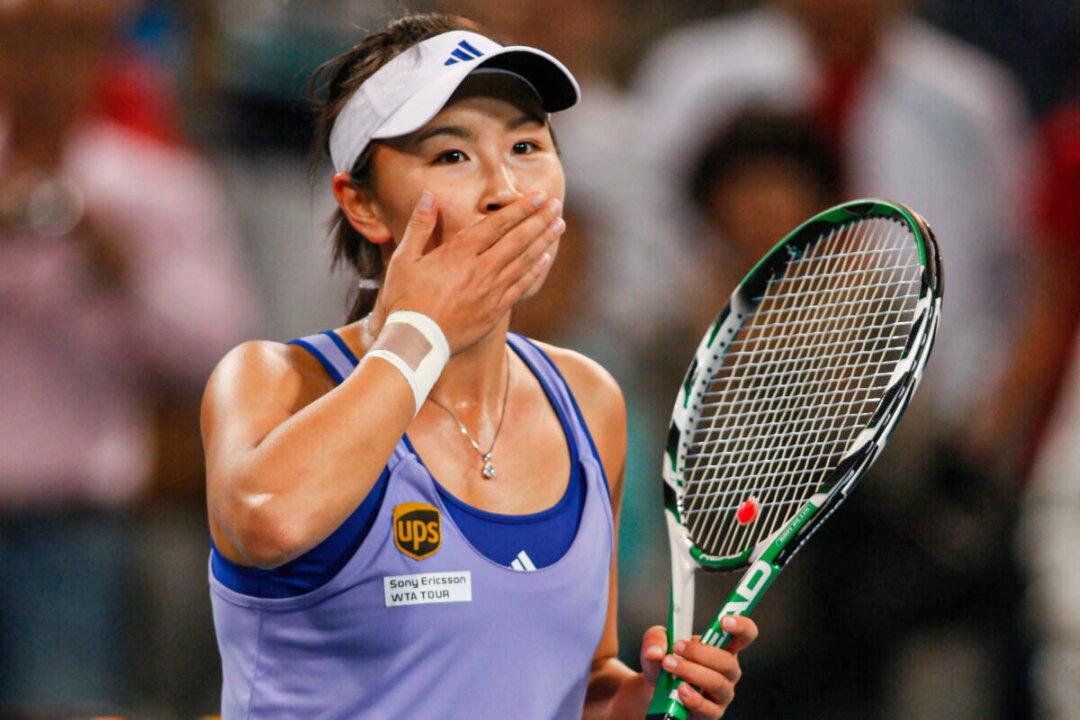Australian Defence Minister Peter Dutton has called on celebrities and advocates of the #MeToo movement to speak up for Chinese tennis star Peng Shuai, who accused Beijing’s ex-vice premier of sexual assault in November.
“I don’t understand how, in the year 2021, in the #MeToo age, we can have an international female tennis star who claims to have been raped and sexually assaulted, and she’s now effectively under house arrest and has had her social media account wiped, and somehow that’s behaviour that we should tolerate,” Dutton told Nine Newspapers in an exclusive interview that was partly published on Jan 10.





